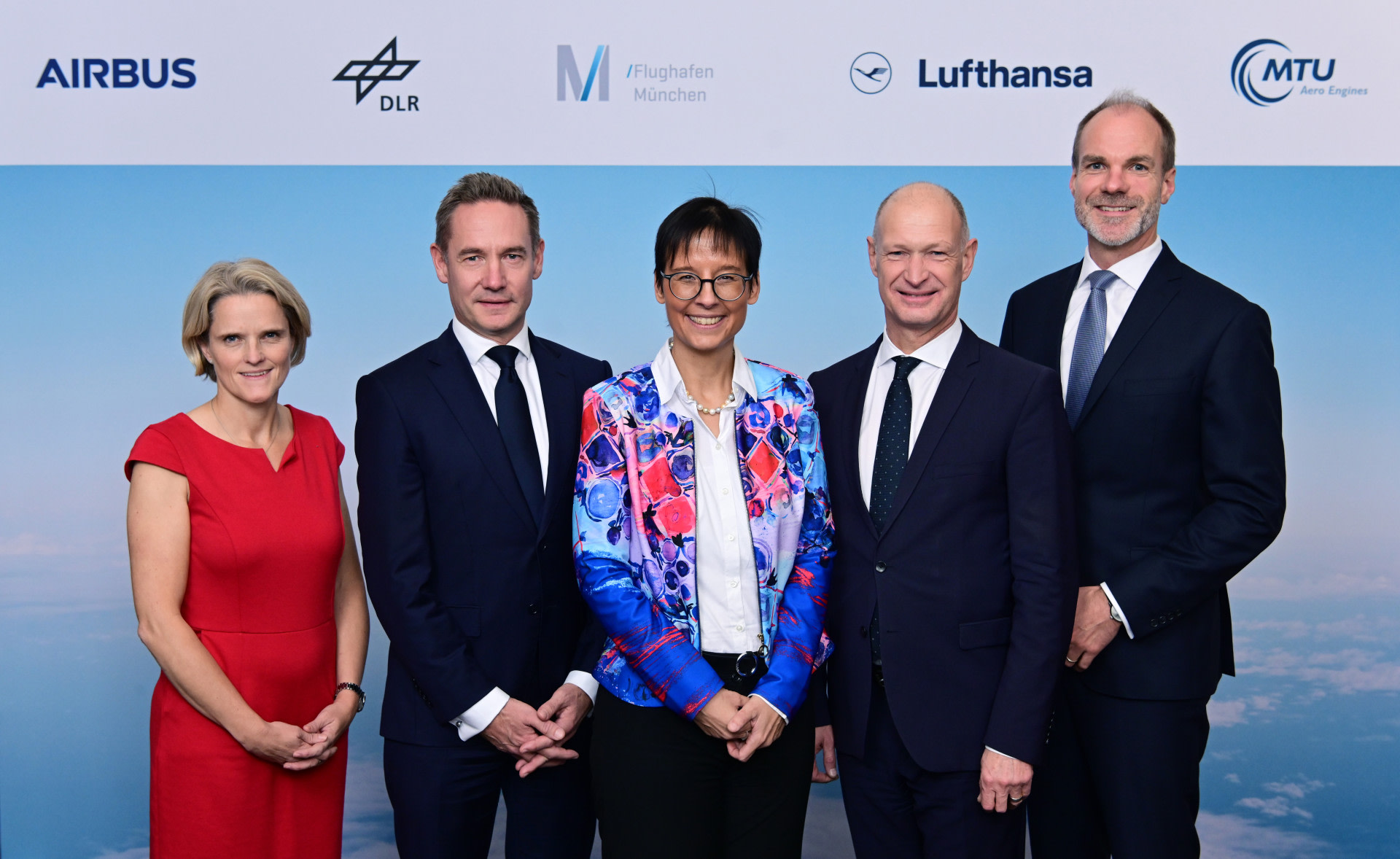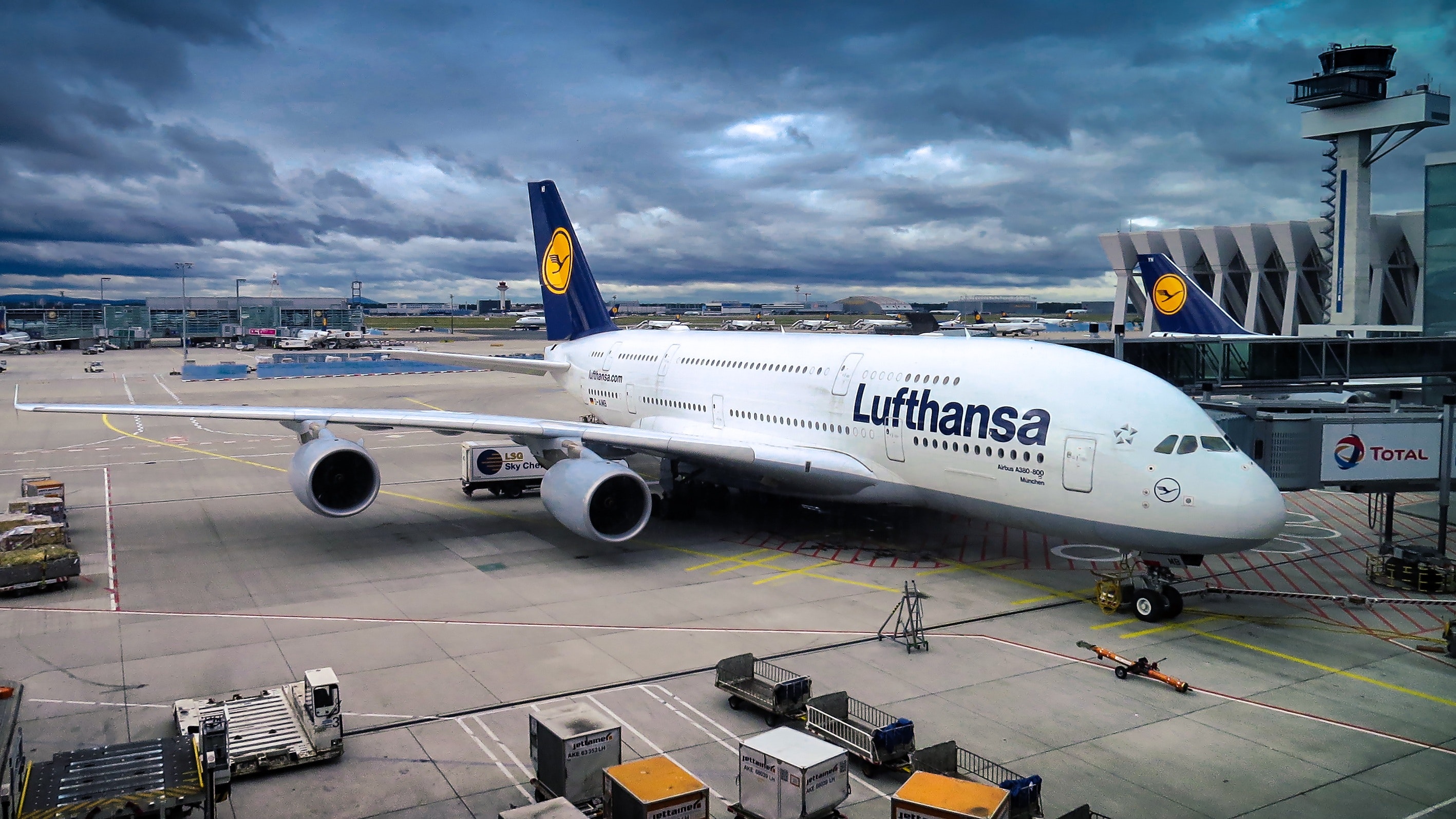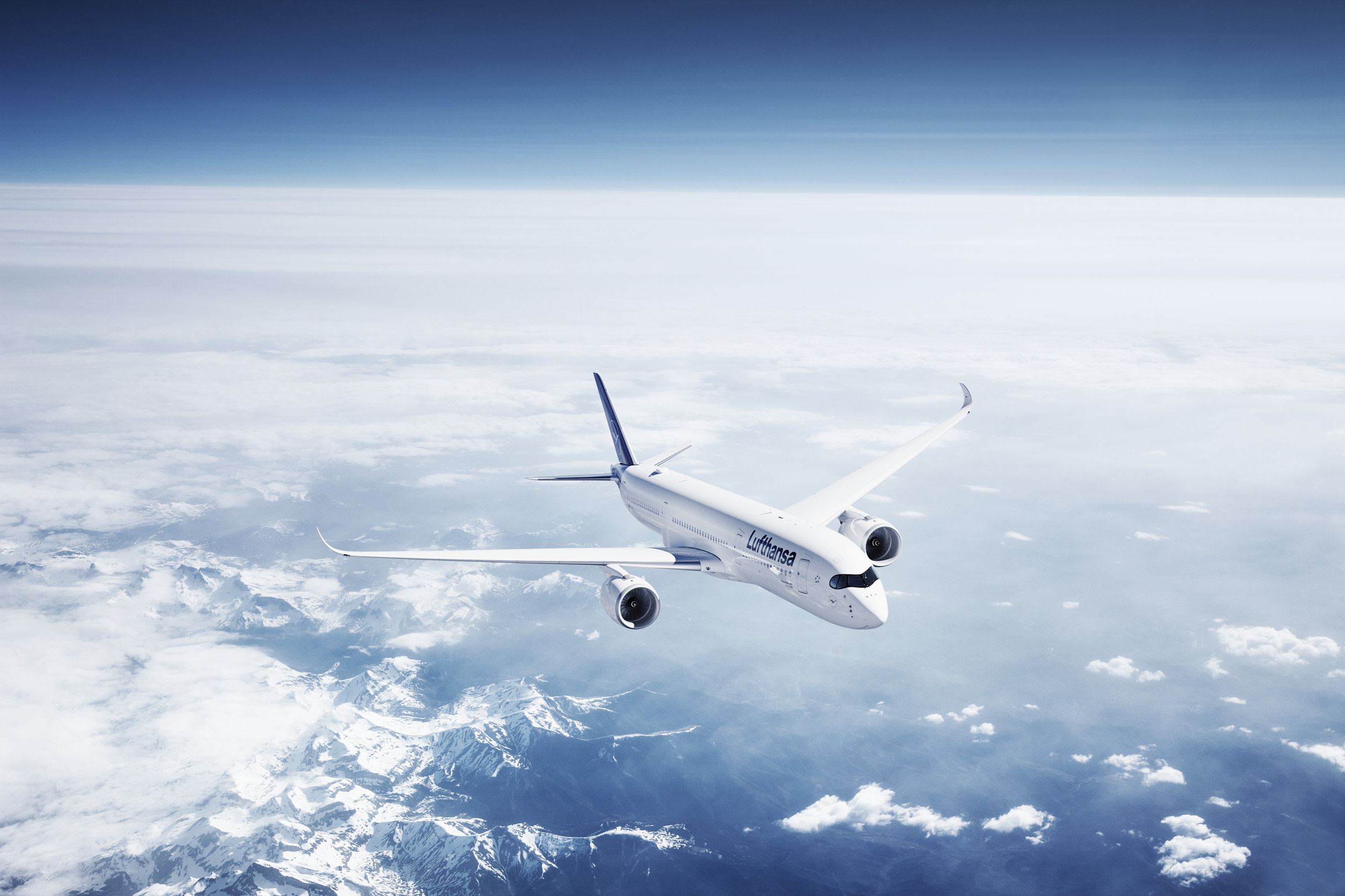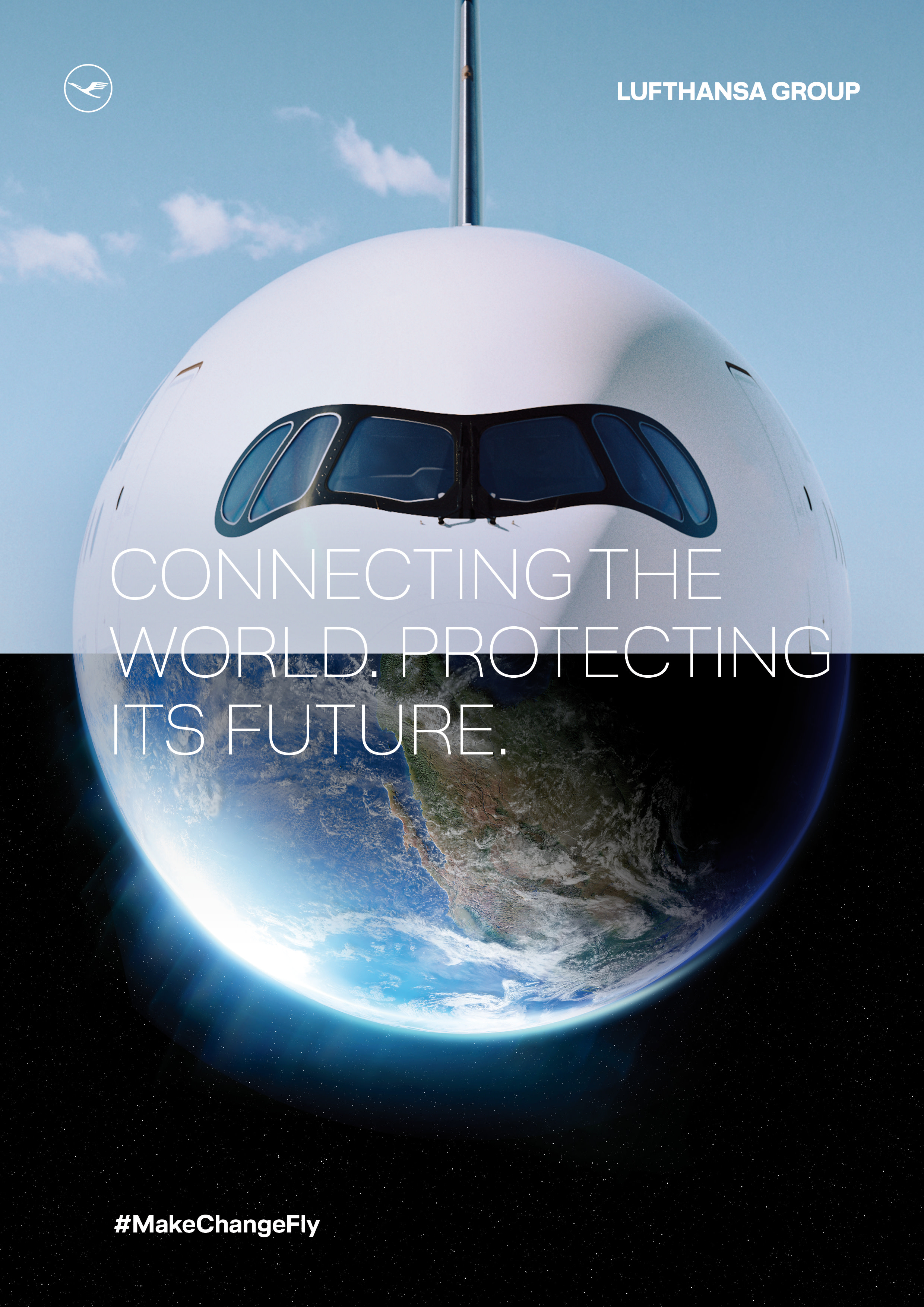Lufthansa Green Fares: Just Greenwash
Deutsche Lufthansa AG
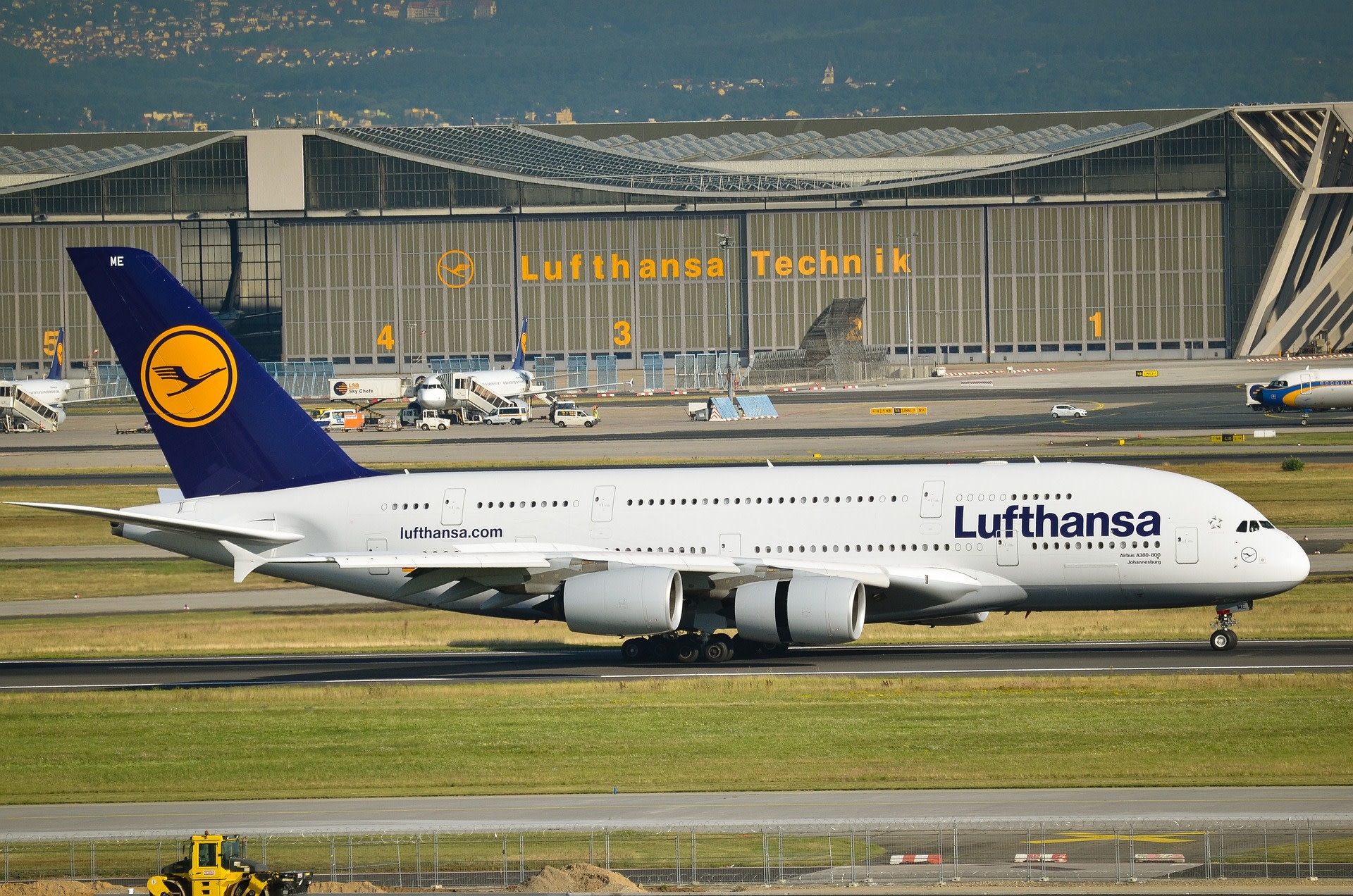
Climate activists and campaigners have criticised German airline Lufthansa’s new "Green Fare" flights, calling them greenwashing. Climate activists have also criticised the flights’ outrageous rates for burning a hole in flyers' pockets while also contributing significantly to climate change through carbon emissions.
What is the Green Fare Flight?
Green Fare flights are essentially flights marketed as ‘beneficial’ to the environment, literally with customers told they can “fly more sustainably”, with the cost to the environment being compensated in two ways. First, 80% of the emissions from the flight will be offset by funding various climate protection projects and efforts. Second, the remaining 20% of the emissions will be offset through the use of sustainable aviation fuels. Flights within Europe and to North Africa can be reserved using them.
The price of compensating for flight-related carbon emissions will be included in the new tickets offered by the German airline. The airline asserts that the added expense will cover the cost of compensating for carbon emissions caused by flights. Moreover, this fare will be available with a free rebooking option and extra loyalty miles. The following airlines will provide the Green Fare flights: Austrian Airlines, Brussels Airlines, SWISS, Edelweiss, Eurowings Discover, and Air Dolomiti.
Featured Article: What Are The Main Greenwashing Tactics Companies Use?
How is this greenwashing?
Well, in two distinct ways:
Lack of transparency - Flyers are led to believe that by paying an outrageous Green Fare, which includes the price of compensating for carbon emissions associated with flights, they may reduce their carbon footprint. It is false to claim that the carbon emission problem is being solved. A ticket that considers the environment is being given frequently. Numerous well-known airlines, like Southwest, Delta, and American, have their own carbon offset schemes.
The assertion that passengers are given the choice to spend extra money when purchasing a sustainable ticket, in order to offset the CO2 pollution their travel will produce, is unclear. The idea that buying such tickets will help the environment is a falsehood perpetrated on consumers. There is no way to know whether paying extra to offset carbon emissions from a flight would genuinely help combat climate change, or if it will just be another way for the airline to greenwash for financial gain.
Sustainable aviation fuels (SAFs) also emit CO2 - Although SAFs are known to lower greenhouse gas emissions (GHGs) to a certain extent, they nevertheless emit carbon dioxide, which has a detrimental effect on the environment. SAF is sourced from biofuels, so waste materials where the carbon has already been released or from plants that absorb carbon dioxide as they grow, which is touted as its environmental advantage.
However, higher demand for SAFs equals more garbage that must be generated in the first place. As a result, the utilised feedstock cannot be grown in a sustainable manner. According to a report by the International Energy Agency (IEA), the aviation sector accounted for more than 2% of global energy-related carbon dioxide emissions in 2021. In order to achieve net-zero emissions by 2050, the aviation sector needs to shift its focus from carbon offset scams like Green Fares and invest in renewable energy sources, such as low-green hydrogen production and via renewably generated electricity.
A Growth Imperative
It’s here that the whole argument runs out of, well, runway. Lufthansa’s efforts to have its ‘environmental initiatives’, such as the Green Fare, included within the EU Taxonomy, is pure greenwash. The simple and painfully (for airlines) obvious truth here is that such moves openly attempt to incite customers into flying more, through offers of flyer miles, and as such solely promote a policy of growth.
And objectively, airlines are businesses that need to perform, especially following the systemic sector shock as the world ‘stopped’ during a pandemic.
A Greater Problem
The stark challenge to the airline industry, to be addressed by high levels of governmental support and interaction, is to find creative ways to reduce our cultural dependence on flying, pointedly in the short to medium-haul distances, and to substitute it with realistic alternatives. That means rail. Thus far, we only have the example of France banning short-hauls, but this only applies to a handful of domestic routes in a country with an established, effective high-speed rail network. Gradual changes in the way some sectors of the working population can access vacation time may help, i.e., by ‘travelling more’ over stretches of time instead of rushing to destination, or to 'share mobility' instead of pursuing individual transportation methods. However, that is a deeper, wider discussion that is only just beginning in post-pandemic times.
More Shared Mobility
Sure, some airlines, such as Delta, have been openly touting their commitment to community and definitely exhibiting greater overall transparency, but with widespread uncertainty lingering around the validity of offsets as a realistic ESG strategy, the only clear way to actually ‘help the environment’ is to fly less.
That requires a paradigm shift to generate the necessary reallocations of subsidies, capital, and power away from flying to other transport infrastructure. Until we can fly on renewably-powered electric planes, any form of combustion-powered aircraft will become less economically feasible as access to fossil fuels passes peak and public opposition increases to airline ‘sustainability’ initiatives.
Green Fares are just the first indicator that we have passed the halcyon days of cheap, endless air travel. Our energy should be focused on creating something better.
Follow ESG Ratings progress across companies and sectors: search through our growing listing here and compare.


